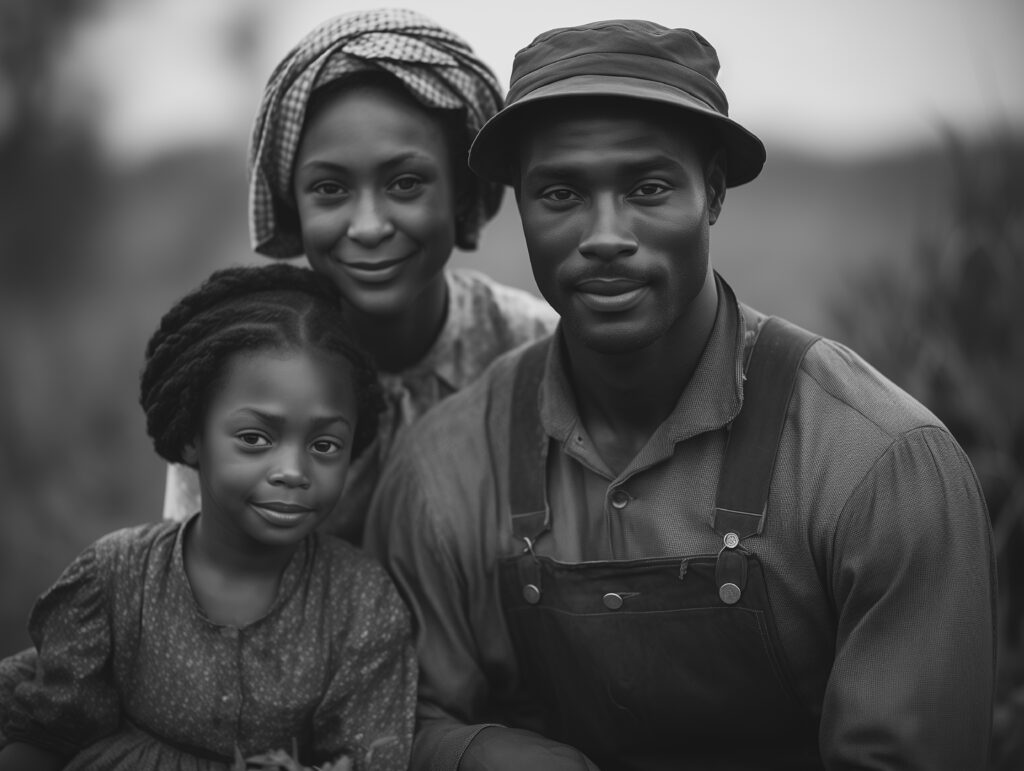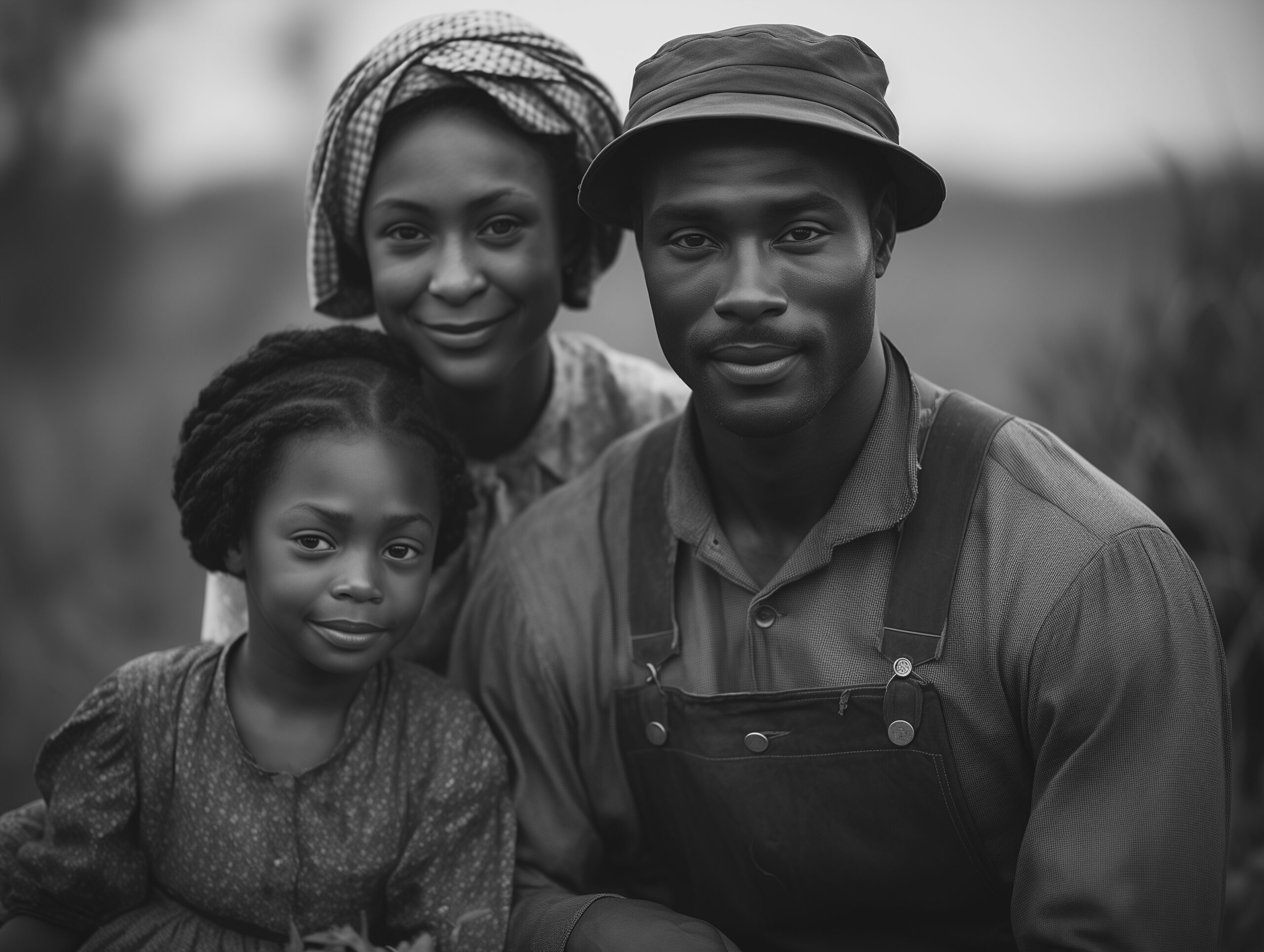
William Wilberforce was, in addition to being a passionate philanthropist who promoted numerous charitable actions, the undisputed leader of one of the most essential struggles of the 18th century. As the creator of the abolitionist movement in Great Britain, his successful efforts earned him a distinguished place in the annals of history. Today, he stands as a symbol of the campaign to abolish the slave trade and slavery throughout the British Empire.
The times unleashed by the Industrial Revolution left a deep mark on England’s women and children. Their labor quickly became indispensable to keep the fierce and insatiable machinery running in the factories of 18th-century Britain. A watershed moment in history and a driving force for humanity’s dreams of endless progress, the darkest side of the revolution still remains shrouded in the shadows. Records from those days highlight the struggles of people like William Wilberforce, a courageous man who dared to fight to change the world.
In Yorkshire, where the River Hull flows slowly toward England’s northern coast, lies the picturesque city of Hull. There, on August 24, 1759, William Wilberforce was born into a wealthy family. A sharp-minded young man who, before reaching the maturity that comes when life’s blows open one’s eyes to the world’s pain, lived as a dandy. Without remorse, he enjoyed all the pleasures his social status and wealth afforded him: travels around the world and a bustling nightlife filled with gatherings, drinks, smoke, and vices.
His only meaningful pursuit in those days was to honorably complete his studies at the University of Cambridge, where he graduated and also forged a lifelong friendship that would become the key to his life and future: the fight to abolish slavery and child labor spawned by the Industrial Revolution. At Cambridge, he met William Pitt the Younger, the future prime minister of England, who encouraged him to pursue a political career. Soon, in 1780, Wilberforce boldly entered the political arena. First, he represented his hometown of Hull, and later, the county of Yorkshire in the chambers of Parliament.
An Indispensable Legacy That Endures
While Wilberforce carried out his duties as a legislator, life placed before him the tragedy of his time, and he resolved to fight for change. A worldly man, accustomed to a society entrenched in and legitimized by slavery, he underwent a radical transformation upon witnessing the shattered lives of so many women and children forced to work 14-hour days, seven days a week. From then on, he spared no effort in his push for social reform, striving for better working conditions in Britain.
William Wilberforce’s actions touched on different aspects and issues of his society. His struggle and battles took place both in the daily sphere and in the tumultuous arenas of Parliament. In these fights, he faced the strongest and most entrenched interests of his time, but he knew that much of society, aware of the harsh realities inside the factories, would support him. Among the milestones of his legacy are:
- The definitive abolition of the slave trade: He dedicated all his time, energy, and efforts to this noble cause. Over the years, he repeatedly introduced bills in Parliament. He also mobilized his contacts and influence to raise awareness among the people of his time. He maintained that this was an essential task and a key step toward the eventual abolition of slavery.
- Foundation of the Sierra Leone Company: With his own funds, he established this colony in Africa, where freed slaves were resettled.
- Foundation of the Bible Society: After embracing the Protestant faith, he used his resources to make possible the translation and distribution of numerous copies of the Bible to remote parts of England.
- Co-founder of the Royal Society for the Prevention of Cruelty to Animals (RSPCA): As one of its founders, and through his donations, he made possible the rescue, shelter, and adoption programs for mistreated animals. Thanks to organized action, this effort helped end the suffering of abandoned animals that were otherwise euthanized in municipal facilities. An initiative that also brought joy to many families through the adoption of new pets.






